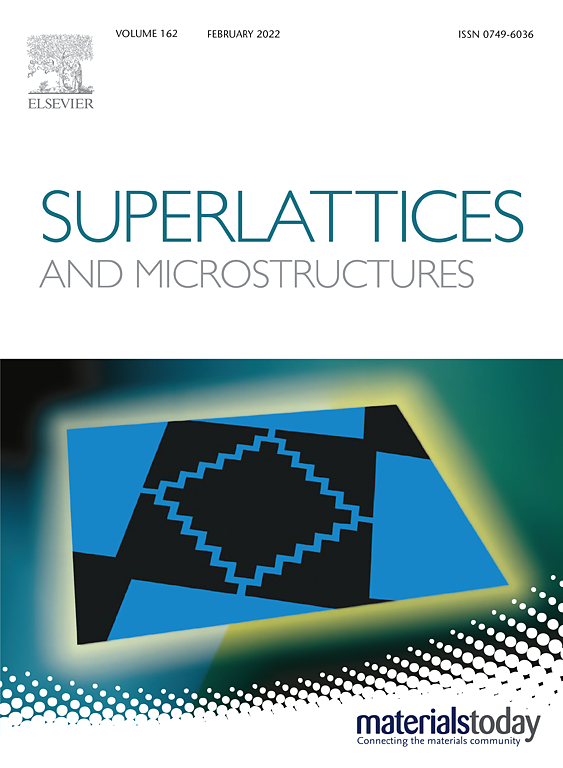工艺参数对激光增材制造β-凝固TiAl合金的影响
IF 3.3
3区 物理与天体物理
Q2 PHYSICS, CONDENSED MATTER
引用次数: 2
摘要
β-凝固TiAl合金是一种很有前途的高温结构材料。基于激光的增材制造(LAM)能够以近净形状制造几何复杂的部件,从而节省时间和原料。本研究采用气雾化Ti-44Al-4Nb-1Mo-1Cr粉末作为LAM的原料。然而,由于在打印过程中存在严重的裂纹,TiAl合金的LAM仍然是一个挑战。为了最大限度地减少开裂,优化LAM的加工参数是必不可少的。因此,本文研究了LAM工艺参数对裂纹敏感性和微观组织的影响。实验结果表明,增加激光功率可以减轻材料的裂纹敏感性。随着激光功率的增加,合金组织由α2晶粒为主转变为近片层组织,显微硬度降低,但仍高于铸态合金。结果表明,激光功率的变化可以直接改变TiAl合金的显微组织、相组成和显微硬度。本文章由计算机程序翻译,如有差异,请以英文原文为准。
Effects of processing parameters on a β-solidifying TiAl alloy fabricated by laser-based additive manufacturing
β-solidifying TiAl alloys are considered as promising candidate materials for high-temperature structural applications. Laser-based additive manufacturing (LAM) enables the fabrication of components with geometrical complexity in near-net shape, leading to time and feedstock savings. In this study, a gas-atomized Ti-44Al-4Nb-1Mo-1Cr powder is used as a feedstock material for LAM. However, the LAM of TiAl alloys remains a challenge due to serious cracking during the printing process. To minimize the cracking, the optimization of the LAM processing parameters is essential. Hence, the effects of the LAM processing parameters on the cracking susceptibility and microstructure are studied here. Our experimental results show that the cracking susceptibility can be mitigated by increasing the laser power. Accordingly, the microstructure transforms from the dominating α2 grains to a near-lamellar microstructure with an increment in laser power, leading to a reduction in microhardness, even though it is still higher than that of its as-cast counterparts. It is concluded that changes in the laser power can directly tailor the microstructure, phase composition and microhardness of LAM-fabricated TiAl alloys.
求助全文
通过发布文献求助,成功后即可免费获取论文全文。
去求助
来源期刊

Superlattices and Microstructures
物理-物理:凝聚态物理
CiteScore
6.10
自引率
3.20%
发文量
35
审稿时长
2.8 months
期刊介绍:
Superlattices and Microstructures has continued as Micro and Nanostructures. Micro and Nanostructures is a journal disseminating the science and technology of micro-structures and nano-structures in materials and their devices, including individual and collective use of semiconductors, metals and insulators for the exploitation of their unique properties. The journal hosts papers dealing with fundamental and applied experimental research as well as theoretical studies. Fields of interest, including emerging ones, cover:
• Novel micro and nanostructures
• Nanomaterials (nanowires, nanodots, 2D materials ) and devices
• Synthetic heterostructures
• Plasmonics
• Micro and nano-defects in materials (semiconductor, metal and insulators)
• Surfaces and interfaces of thin films
In addition to Research Papers, the journal aims at publishing Topical Reviews providing insights into rapidly evolving or more mature fields. Written by leading researchers in their respective fields, those articles are commissioned by the Editorial Board.
Formerly known as Superlattices and Microstructures, with a 2021 IF of 3.22 and 2021 CiteScore of 5.4
 求助内容:
求助内容: 应助结果提醒方式:
应助结果提醒方式:


